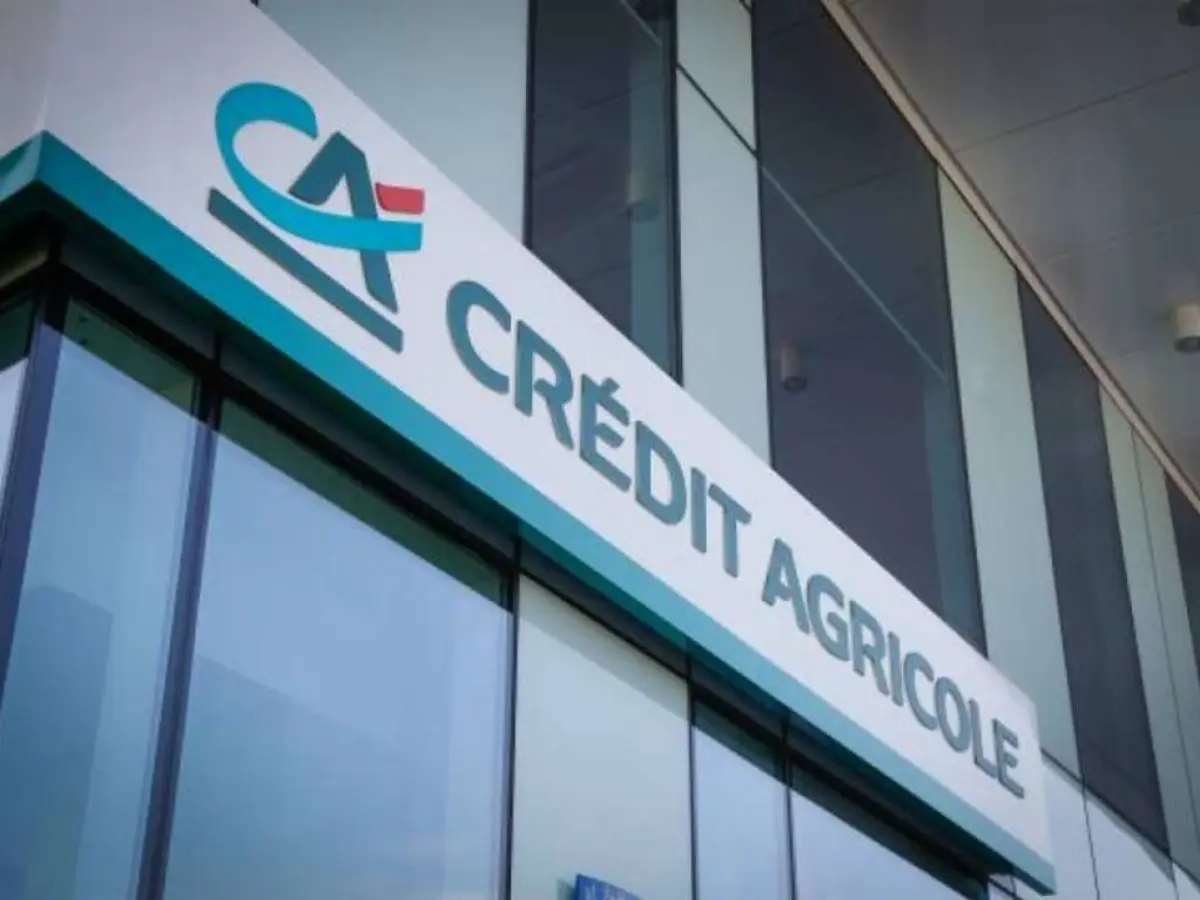
Crédit Agricole Italy supports artisans and micro-small businesses
100 million euros mobilized to face the persistence of the international crisis

Crédit Agricole Italia and Confartigianato Imprese have structured a common plan of interventions aimed at accompanying artisans and micro-small businesses in an economic phase characterized by the persistence of the international crisis, mobilizing resources for a total of 100 million euros. The Group has prepared a credit ceiling of 50 million and a set of dedicated solutions with an immediate impact, in favor of all members.
Among these: credit lines with a duration of 12/18 months with pre-amortization of 6 months, aimed at providing the liquidity necessary to cope with the increase in the costs of energy bills and to support the needs of working capital useful for guaranteeing business continuity. Through specific loans in the field of energy efficiency, the objective is to reduce energy dependence on fossil sources, benefiting from the concessions that will be made available by the NRP.
“The agreement testifies to the strong synergy between Crédit Agricole and the business fabric of the country. Starting from listening to the needs of individual companies through periodic thematic discussions with the association, we structure concrete and timely responses, even in an emergency economic context such as the one we are experiencing", declares Vittorio Ratto, Deputy General Manager Retail, Private and Digital of the credit institution. "We want to be a reference partner in order to create long-lasting profitable collaborations, so as to accompany the companies themselves towards a real energy transition, in line with the principles and opportunities offered by the NRP."
Marco Granelli, president of Confartigianato Imprese added: "this testifies to our desire to identify joint solutions with the banking world that will allow artisans and small entrepreneurs to cope with the steep increase in energy costs and to operate a gradual energy transition towards production models with reduced environmental, economic and social impact".
EFA News - European Food Agency